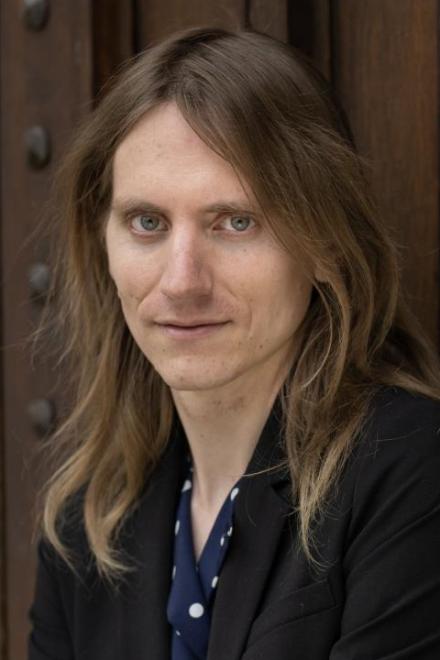
BJ Lillis, who received their doctorate from Princeton University in 2024, specializes in early American history and the intersections between Indigenous history and Atlantic slavery. As a Hench Fellow, they will work on transforming their dissertation, A Valley Between Worlds: Slavery, Dispossession, and the Creation of a Settler-Colonial Society in the Hudson Valley, 1674-1766, into a book manuscript. The work is a study of English, Dutch, and German colonialism along New York's Hudson River—a strategically vital corridor between a continent dominated by Indigenous power, and an Atlantic world fueled by slave labor. The Hudson Valley had a distinctive political economy, defined by the manor: an ambiguous and flexible form of property holding, with rights in land shared between landlords, tenants, and Indigenous communities. The project deploys a cast as diverse as New York itself—from the familiar (land-hungry New England farmers, imperious New York landlords, defiant Indigenous leaders) to the less familiar (disabled enslaved men, mystically-inclined German missionaries, jail-breaking tenant-farmer insurgents). Together, their stories illuminate the contested relationship between settler colonialism and capitalist development in the early-modern Atlantic.
Before beginning graduate work, Lillis worked in public history at the Museum of the City of New York, including as Project Assistant for New York at Its Core, the museum’s groundbreaking permanent exhibition on the past, present, and future of New York City. They are also known for their acclaimed collaborations with artist Lissa Rivera, Beautiful Boy and The Silence of Spaces, exploring the history and performance of gender.
Fellowships
- 2024-25: Hench Post-Dissertation Fellowship